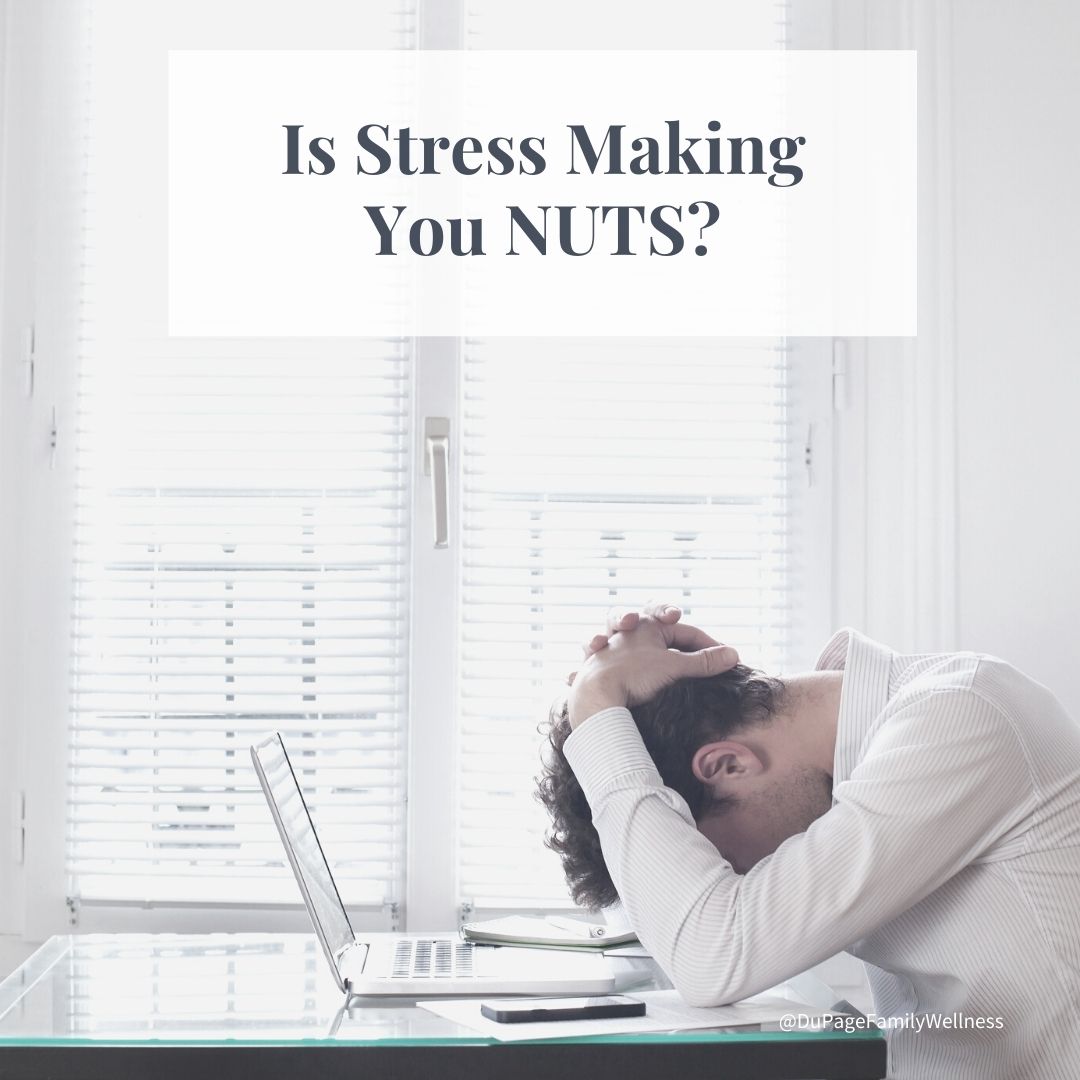 There’s no doubt about it, we live in a stressful world! The busyness of life, work, and kids can be overwhelming enough - but now we have the added stress of living through a pandemic.
There’s no doubt about it, we live in a stressful world! The busyness of life, work, and kids can be overwhelming enough - but now we have the added stress of living through a pandemic.
While our bodies have mechanisms in place to deal with short term stress, we are not meant to be in a constant state of stress. Chronic stress is very hard on the body and can wreak havoc on organ systems such as our adrenals, thyroid, digestive system and beyond.
Let’s take a look at why certain things are so stressful, what we can do to change some of these stressors, and how to offset the stress from things that we can’t change.
It’s Not All Bad
According to Chris Kresser, stress is “an inevitable part of life, and it isn’t even all bad. (However) when the total amount of stress you are experiencing at a given time exceeds your ability to cope with it, that’s when stress wreaks havoc on your health.”
It’s important that we learn to handle stress effectively because, as Kresser explains, “if you’re not doing some form of stress management, you will sabotage all of your
best efforts with diet, exercise, and supplements. (Handling stress) is just that essential.”
So how do we do that? There are many techniques, but first it’s helpful to understand why some experiences are so stressful.
NUTS
Many researchers use 4 key factors to determine how we perceive stress. You can use the analogy NUTS to think about this.
- Novelty of an event (newer event = more stress)
- Unpredictable nature of an event (more unpredictable = more stress)
- Threat to our body or ego (Higher threat = higher stress)
- Sense of loss of control (loss of control = higher stress)
Once we understand these factors, it becomes clear why certain events are so difficult to handle. With this in mind we can try to reframe some of these events to make them more manageable.
For example, sometimes when you are dealing with a new stressor, it is helpful to lengthen your time horizon. To do this simply ask yourself if this situation will matter in five or ten years. Many of our problems feel big because they are new, but they really won’t matter in the long run.
Change What You Can
We may have more control over our stress levels than we realize. Take some time to think through the things that stress you the most and see if you can make any changes to limit that stress.
What about the smaller stressors? Is there anything you can do to limit those. Even the smaller stressors contribute to our overall stress levels, so anything you can do to reduce them will be beneficial.
Reducing your stress may look like:
- Knowing your limits and being aware of over-committing yourself.
- Learning to say no to people, and learning not to be a people pleaser.
- Avoiding or limiting time with people who bring you stress, drama, or unnecessary conflict.
- Limit your exposure to digital stress like the news and intense shows.
When the Stress is Out of Your Control
There are many times when the things that stress you out can not be changed or reframed. In these cases we must adopt strategies to help us manage our stress.
- Yoga, mindfulness, and deep breathing exercises are helpful in offsetting stress. These practices are most effective when done consistently, so be sure to schedule time for it. It’s okay to start small. Even 5 min done consistently each day can make a difference.
- Spend time outside as often as possible. Kresser shares that “research has proven that spending time outdoors, including contact with nature, is just as important to health and well-being as sleep, exercise and a healthy diet.”
- Sleep is a great way to combat stress, but stress can also disrupt your sleep. It will be important to use good sleep hygiene to counter the effects of stress on your sleep. For help on this check out this article on sleep, “A Health Concern You May Be Overlooking.”
- Exercise helps your body release stress hormones while stimulating the feel good centers of the brain. This helps both stress levels and improves one's mood.
- Playing is a terrific way to counteract stress, and it’s not just for children. When we are immersed in something we love, it helps our body release the tension that builds up throughout our day.
For more information on stress, check out our blog Top Tips For Handling Stress. I’d love to hear what you do to deal with the crazy, stressful world we are living in.
Dr. Jamie

